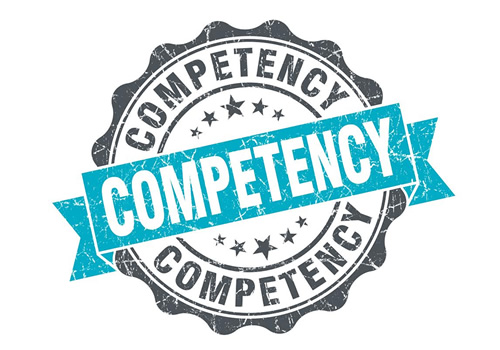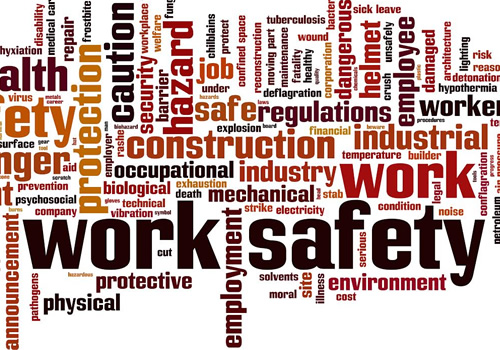Stress And Wellbeing Audits
Are Your Staff Stressed at Work?
Most companies focus on controlling the physical hazards that may affect their employees and sometimes it’s easy to forget the other issues that can result in work related ill health. Anxiety, depression and stress are the most common reasons for staff absence but it can be prevented.
Well organised, planned and managed work is good for us but attention must be given to workload, design, work management and organisation otherwise it can result in stress. By placing more demands a person they may feel unable to cope with the workload which results in illness. In an ever more demanding work environment stress is a major factor in increased levels of employee absence, staff turnover and other issues such as more staff or operator error.
As an employer you have a moral duty and legal responsibility to support and staff member who may be experiencing stress either at work or in their personal life. You must ensure that a competent person has assessed the risks that arise from the work undertaken and adequate control measures are put in place. The Health and Safety Executive’s Management Standards for Tackling Work-Related Stress, detail what my cause stress in the workplace:
- Demands
- Control
- Support
- Relationships
- Roles
- Change
If adequately managed, reducing stress in the workplace can have the following benefits to your business:
- Lower sickness and absence rates
- Lower staff turnover
- An increase in productivity
- Reduced accident/incident rates
- Improved staff morale.
- More positive workforce
Control measures can be simple and cost effective and benefit your workforce greatly.Here are some things that can be introduced:
- Trained managers who can identify stress indicators
- Sympathetic management who can empathise with the situation or member of staff
- Raised awareness throughout the company to erase the stigma of ‘mental health’ illness
- Include mental health in team meetings or safety meetings
- Discussing changes with employees prior to them being implemented
- Involve staff in the decision making process
- Flexible working hours
- Senior management leading by example
- Mental health and wellbeing being included in policies and company procedures
- Stress management procedures and risk assessment
- Occupational health initiatives and support
- Regular staff and management meetings
Ensure that you are protecting your full workforce – contact us to arrange a stress and wellbeing assessment.


























